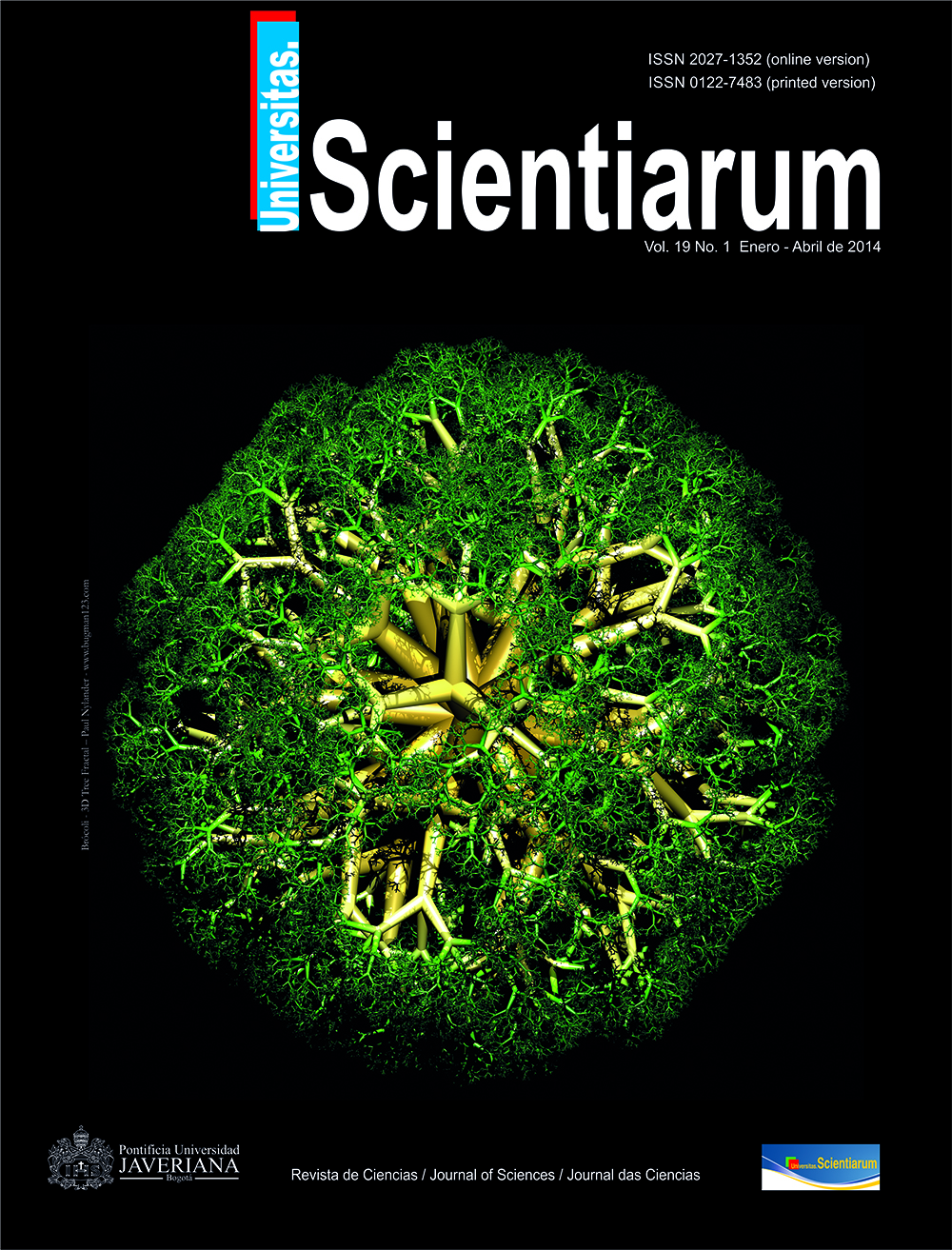Abstract
Dolphin morbillivirus (DMV) is one of the most important pathogen of cetaceans. It was first described in the late 80s, since has been causing outbreaks that affects dolphin populations and also in other cetaceans in the U.S. and in the Mediterranean sea. We conducted a bibliographic search in MedLine, SciELO, Scopus® and Google Scholar without timeline limits using MeSH terms such as Cetacean morbillivirus, Pilot Whale morbillivirus, Dolphin morbillivirus, Strandings, etc., with the aim of provide a critical update on basic, clinical and epidemiological aspects of one of the most important emerging infections for cetacean wildlife, with particular emphasis on the current alternatives for diagnosis and control. Based on the information gathered we concluded that there is not only a need to study and quantify the strandings, but we need to develop awareness of the importance of this viral infection in cetaceans and to apply effective management plans that maintain those populations in biological balance.Univ. Sci. is registered under a Creative Commons Attribution 4.0 International Public License. Thus, this work may be reproduced, distributed, and publicly shared in digital format, as long as the names of the authors and Pontificia Universidad Javeriana are acknowledged. Others are allowed to quote, adapt, transform, auto-archive, republish, and create based on this material, for any purpose (even commercial ones), provided the authorship is duly acknowledged, a link to the original work is provided, and it is specified if changes have been made. Pontificia Universidad Javeriana does not hold the rights of published works and the authors are solely responsible for the contents of their works; they keep the moral, intellectual, privacy, and publicity rights. Approving the intervention of the work (review, copy-editing, translation, layout) and the following outreach, are granted through an use license and not through an assignment of rights. This means the journal and Pontificia Universidad Javeriana cannot be held responsible for any ethical malpractice by the authors. As a consequence of the protection granted by the use license, the journal is not required to publish recantations or modify information already published, unless the errata stems from the editorial management process. Publishing contents in this journal does not generate royalties for contributors.



